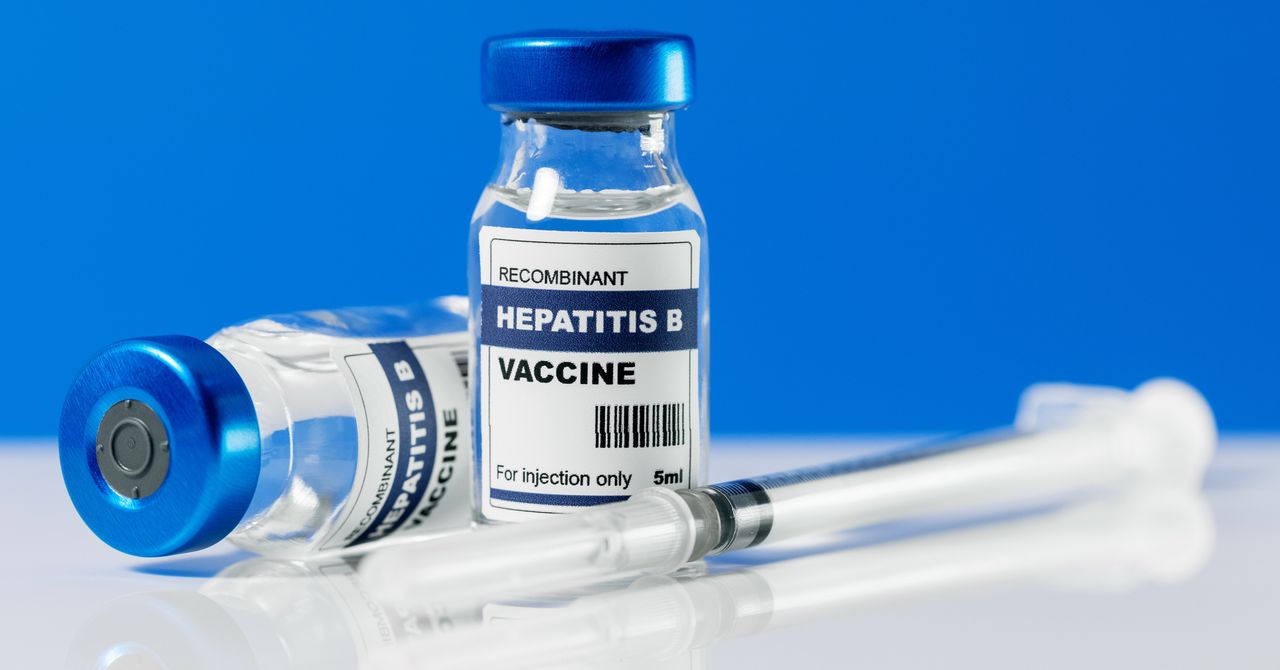A federal vaccine advisory committee made up of members hand-picked by Health and Human Services secretary Robert F. Kennedy Jr. recommended in an 8-3 vote on Thursday that the combined measles, mumps, rubella, and varicella (MMRV) vaccine should not be given before age 4, citing long-known evidence that shows a slightly increased risk for febrile seizures in that age group.
Experts say that while frightening, febrile seizures—which are uncommon after vaccination—are usually short-lived and harmless, and removing the option for parents could cause a decline in immunization rates against measles, mumps, and rubella, some of the most dangerous childhood diseases.
Known as the Advisory Committee on Immunization Practices, or ACIP, the group provides recommendations to the US Centers for Disease Control and Prevention on vaccine usage. These recommendations are typically adopted by CDC and have an impact on state vaccine requirements for school, insurance coverage of vaccines, and pharmacy access—something at least one member of the panel seemed to be unaware of.
Thursday’s vote is part of a new shift in vaccine policy being spearheaded by Kennedy, a longtime anti-vaccine activist. In his short time as HHS secretary, Kennedy has implemented restrictions on who can receive Covid-19 vaccines and dismissed all 17 sitting members of ACIP, replacing them with 12 new members—some of whom were installed just this week. Several of the new advisers have a history of criticizing vaccines or denouncing public health measures taken during the Covid-19 pandemic. Kennedy said a “clean sweep” of ACIP was necessary to build back public confidence in vaccine science.
On Thursday, committee members were asked to evaluate whether to recommend against the combined MMRV vaccine before age 4, as well as whether to delay the first dose of the hepatitis B vaccine until the child is at least one month old.
Currently, parents have two options for vaccinating their children against measles, mumps, rubella, and varicella, also known as chickenpox. They can choose the combined shot, known as MMRV, or two separate shots—one for MMR and another for chickenpox. About 85 percent of children get separate shots.
In the US, the hepatitis B vaccine is given in the hospital shortly after birth, because the virus can be transmitted to children during delivery. A serious liver infection, hepatitis B can lead to cirrhosis and cancer. Each year in the US, an estimated 25,000 infants are born to women diagnosed with the hepatitis B virus. Without vaccination, up to 90 percent of them would develop chronic infections. The World Health Organization advises a universal birth dose of the hepatitis B vaccine.
The topics of discussion at Tuesday’s meeting were not based on new data or evidence, and in fact, two ACIP members, Joseph Hibbeln and Cody Meissner, as well as several representatives from professional medical organizations who were in attendance, questioned why these changes were up for consideration.
Robert Malone, one of the more controversial new ACIP members, offered an explanation: “It’s clear that a significant population of the United States has significant concerns about vaccine policy and about vaccine mandates.” Malone is a former mRNA researcher who rose to prominence during the Covid-19 pandemic by spreading falsehoods about the disease and the vaccines; he abstained from Thursday’s vote because he previously served as an expert witness in a lawsuit over the mumps vaccine.





